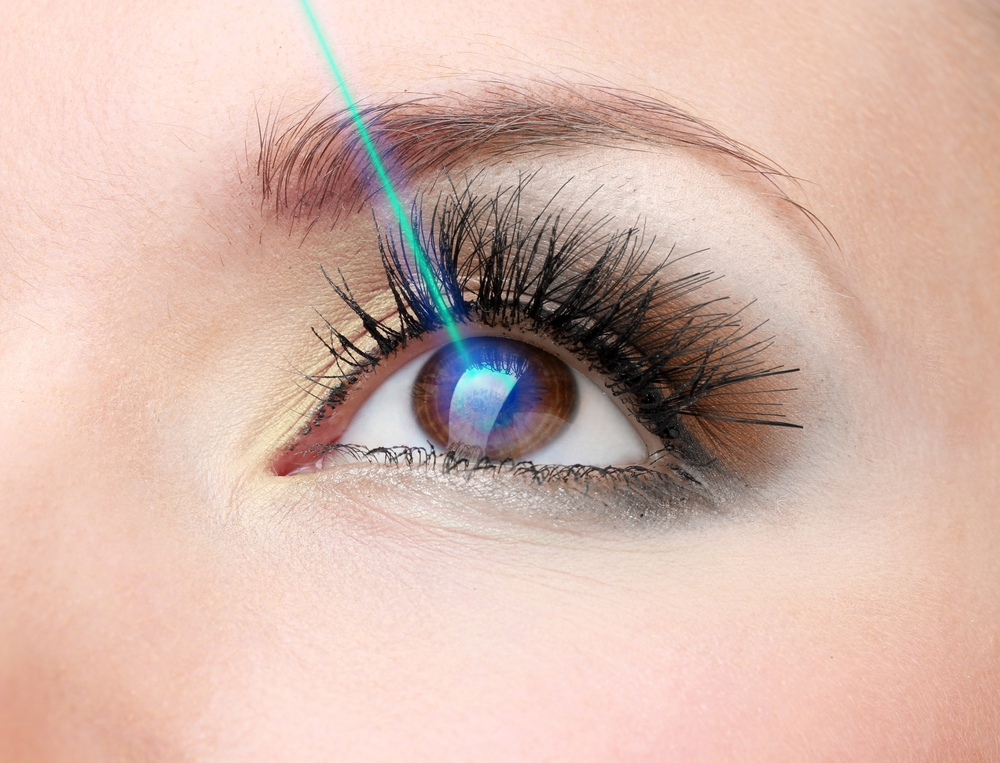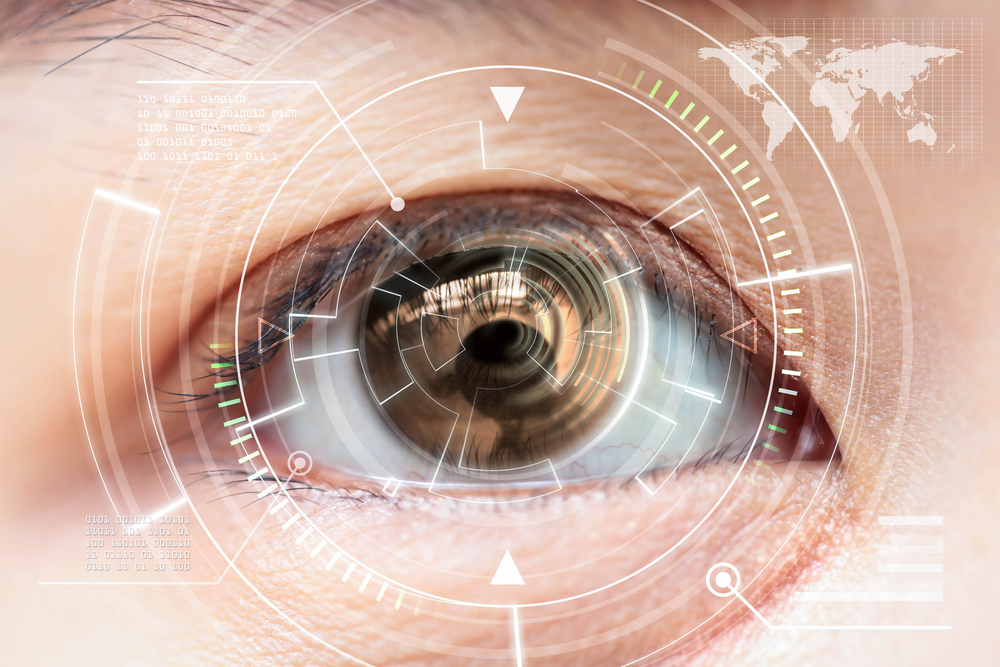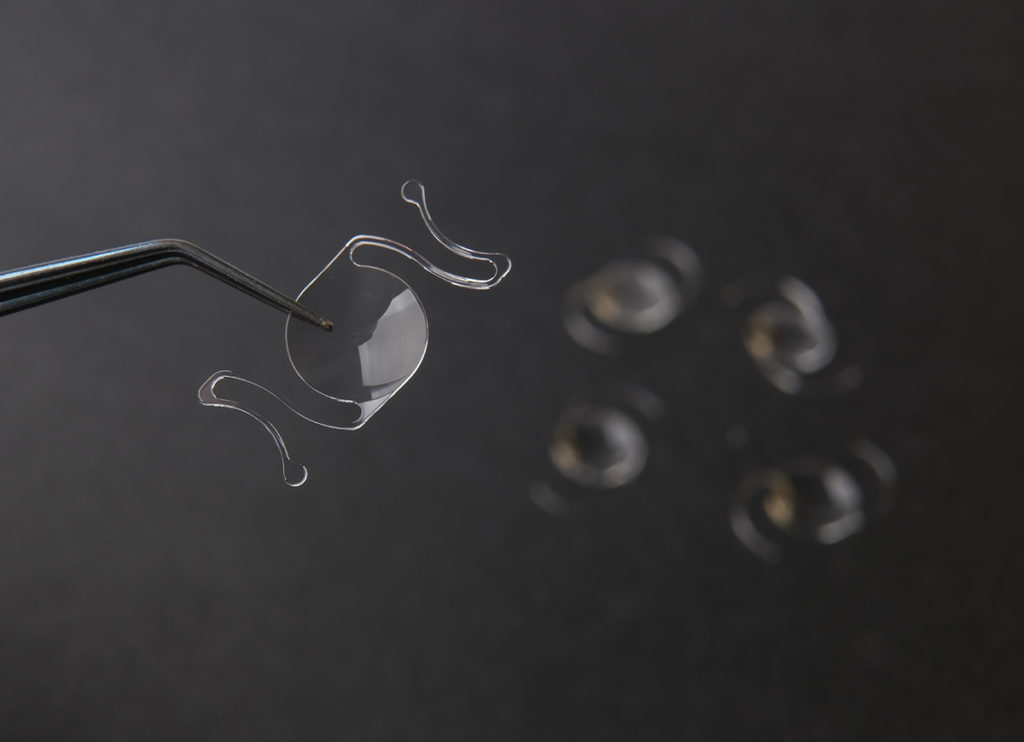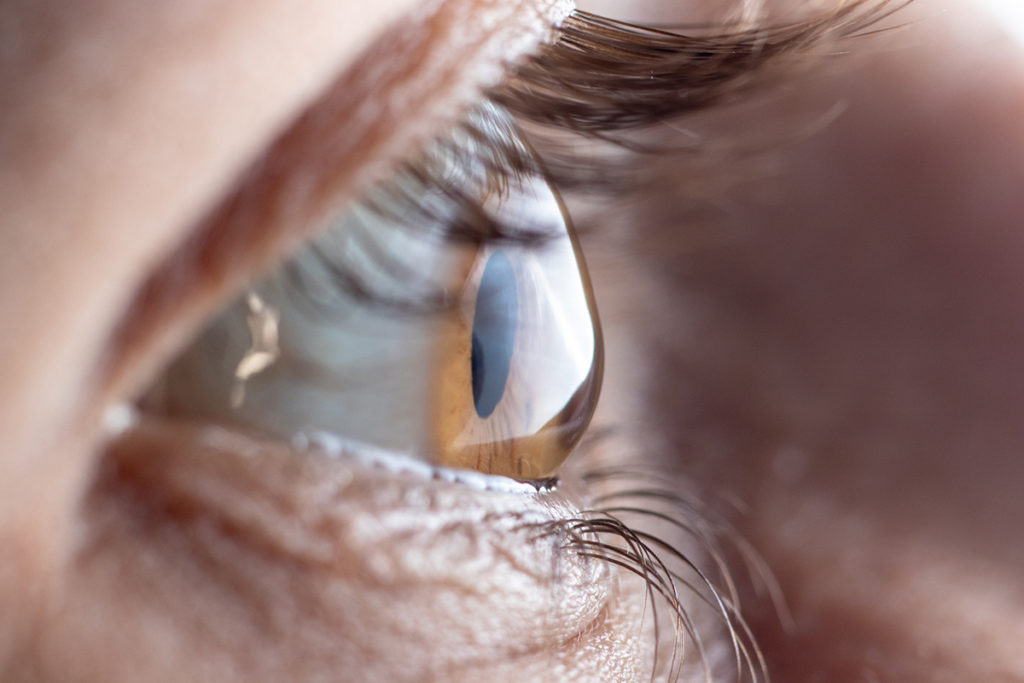
What’s the first thing that comes to mind when considering laser vision correction? For most people, it’s LASIK. However, a lesser-known refractive surgery, photorefractive keratectomy (PRK,) is another highly effective procedure that can give you the same long-term results.
While both procedures reshape the cornea to correct vision, PRK may be a better option for certain patients.
When it comes to refractive surgery, one ophthalmology practice reigns supreme in the Toronto area: Bochner Eye Institute, with a 95-year history of eye care excellence.
Our medical director, Dr. Raymond Stein, has performed over 200,000 successful eye surgeries, including alternatives like PRK for patients who may not be good candidates for LASIK. He leads our team of renowned ophthalmologists in providing the most advanced options in refractive surgery.
Understanding PRK
PRK is a laser eye surgery in which your surgeon reshapes the cornea (the clear covering of the eye.) Correcting the cornea shape changes how it bends light, translating into better focus.
PRK can correct myopia (nearsightedness,) hyperopia (farsightedness,) and astigmatism (blurriness.)
For this procedure, your surgeon removes the epithelium — the cornea’s thin outer layer — to reach the corneal tissue beneath. Our surgeons use a state-of-the-art excimer laser to reshape the cornea, correcting refractive errors precisely.
After the laser treatment, your surgeon applies a “bandage” to the cornea: A special contact lens that protects your eye while the epithelium naturally regenerates.
You’ll wear the bandage for around five days, and it’s normal to have some visual blurriness and mild discomfort during this time. However, vision steadily improves as the epithelium fully regrows. Most patients achieve peak vision correction within a few months.
Although PRK requires a slightly longer recovery time than LASIK, the final vision correction results are just as effective. Many patients achieve 20/20 vision or better once healing is complete!
PRK vs. LASIK: Key Differences
- No Corneal Flap: With LASIK, your surgeon creates a flap (an opening in the cornea) to access the tissue. With PRK, there’s no flap needed because your surgeon removes the epithelium. For this reason, PRK may be safer for people with thin corneas.
- Longer Recovery: Because the epithelium must regrow, healing takes slightly longer than LASIK. With LASIK, patients may drive in 24 hours, but with PRK, you must wait to resume driving until your surgeon removes your bandage contacts.
- Same Results: LASIK and PRK provide clear, lasting vision once healing is complete.
Who is a Good Candidate for PRK?
Your ophthalmologist at Bochner Eye Institute evaluates your vision, eye health, and medical history to determine if PRK is the right option for you. Typically, candidates have qualifying conditions like thin corneas, dry eyes, or irregularly shaped corneas.








